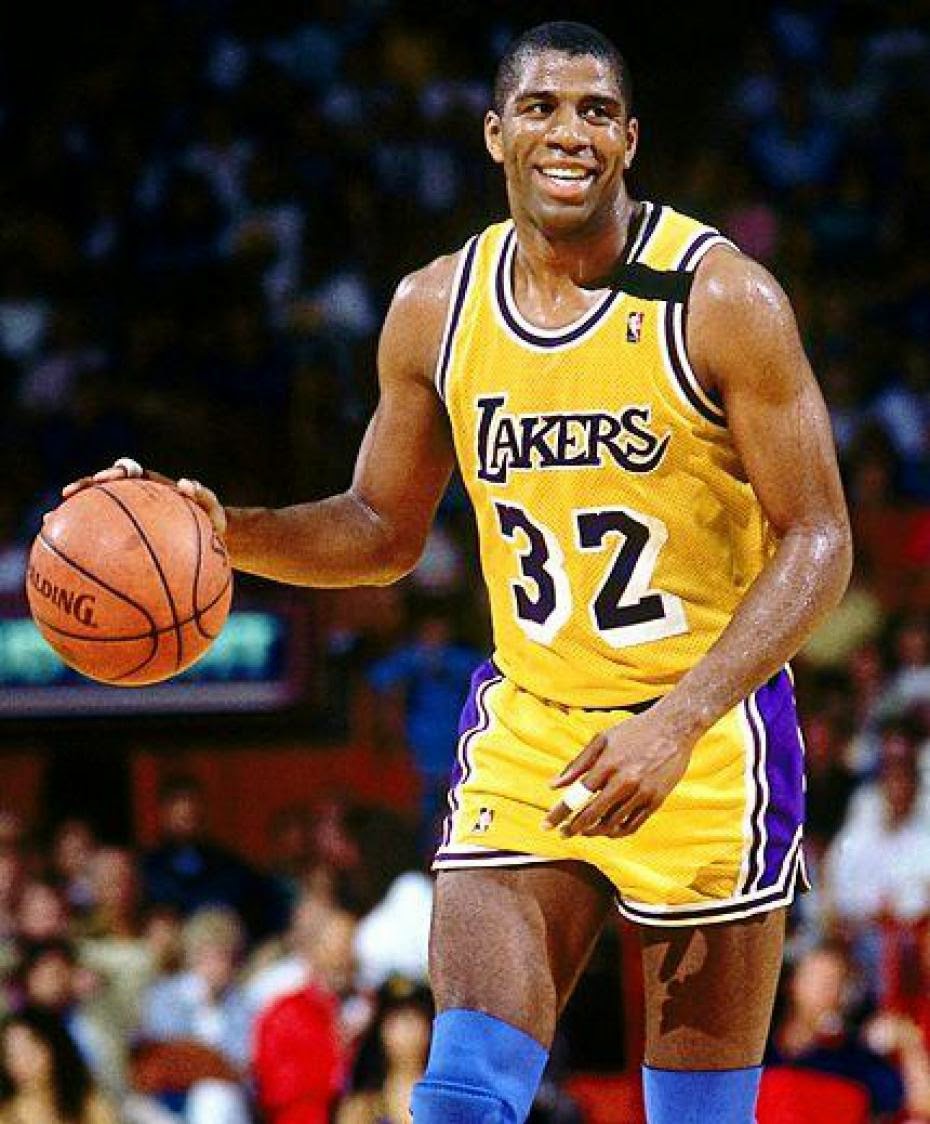 On June 30, 1995 Cleveland Indians
first baseman and designated hitter Eddie
Murray becomes the just the twentieth major leaguer to reach 3,000 hits in
the MLB.
On June 30, 1995 Cleveland Indians
first baseman and designated hitter Eddie
Murray becomes the just the twentieth major leaguer to reach 3,000 hits in
the MLB.
Murray aka "The Crime Dog," ended his career as an eight time All-Star, including
six consecutive selections from 1981-1986. He won all three of his Gold Gloves
consecutively from 1982-1984 and won three Silver Slugger awards in 1983, 1984
and 1990.
Murray was the AL Rookie of the Year in 1977 and was part of
the Baltimore Orioles team that won the 1983 World Series.
Murray’s career also saw playing time with the Los Angeles
Dodgers, Cleveland Indians and Anaheim Angels to go along with his time with
the Mets and Orioles.
Murray would finish his career with a .287 batting average,
3,255 hits, 504 home runs, 1,917 RBIs and 1,627 runs scored. He is one of only
four players to have 3,000 hits and 500 home runs. The other three are Hall of
Famers Hank Aaron and Willie Mays as well as another famous Orioles slugger
Rafael Palmeiro.
His 504 home runs are the most of a player who never hit
more than 33 home runs in a season, the second most by a switch hitter to that
only of New York Yankees great Mickey Mantle, who hit 536 in his career. They
also rank Murray twenty-fifth in all-time home runs.
At the time of his retirement he was tied with Chili Davis
for the most games in which he hit a home run from both sides of the plate, 11.
In 2011 New York Yankees first baseman Mark Teixeria broke the record with 12.
A record not shown on the stat book but still a valuable one is that
Murray is the record holder for sacrifice flies with 128. You have to drive in the runs at any cost, and Murray got the job done.
The Baltimore Orioles retired Murray’s jersey number 33 in
1998.
In
1999, Murray ranked Number 77 on The Sporting News
list of Baseball's Greatest Players, and was nominated as a finalist for the Major League Baseball
All-Century Team.
 Murray was also inducted into the Hall of Fame in 2003 with
85.3 percent of the vote on the first ballot in which he appeared.
Murray was also inducted into the Hall of Fame in 2003 with
85.3 percent of the vote on the first ballot in which he appeared.
After
retirement Murray served as the hitting coach for the Cleveland Indians from
2002 to 2005.
On
June 14, 2007, Murray was fired as hitting coach for the Los Angeles Dodgers,
after just months on the job.
In 2012 a Bronze statue of Eddie Murray's left handed
hitting stance unveiled at Oriole Park at Camden Yards.
Watch the video below of Murray getting hit 3,000:

























